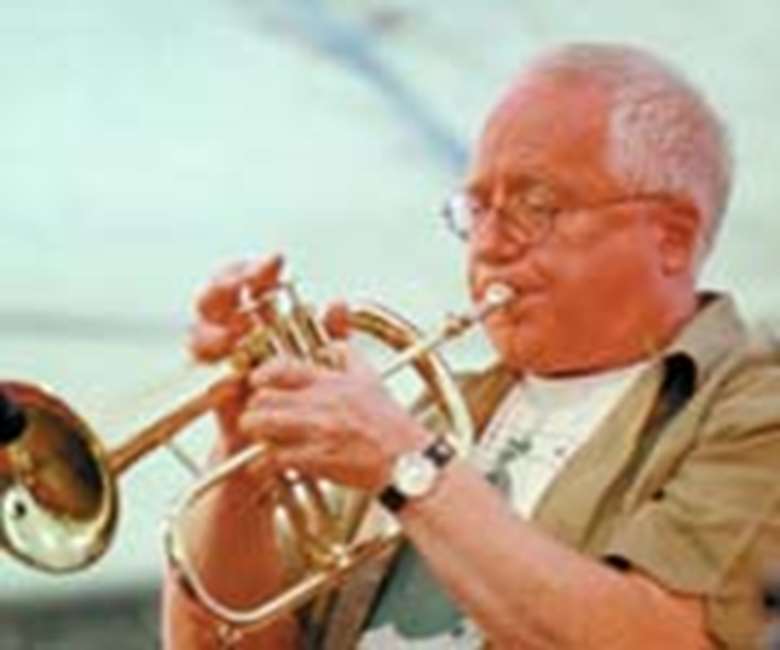Henry Lowther - Trumpet
Tuesday, March 20, 2007
David Gallant talks to the trumpeter about how he got started, the instruments he has played over the years and his all time favourite choice. “You know I played Woodstock as the first gig of an American tour with the Keefe Hartley band,” says Lowther, whose CV links him with most of the major jazz and blues artists and musical events of the last 40 years. “The only other trumpet player at the gig was Sly Stone’s sister!”


Register now to continue reading

Thank you for visiting Jazzwise.co.uk. Sign up for a free account today to enjoy the following benefits:
- Free access to 3 subscriber-only articles per month
- Unlimited access to our news, live reviews and artist pages
- Free email newsletter